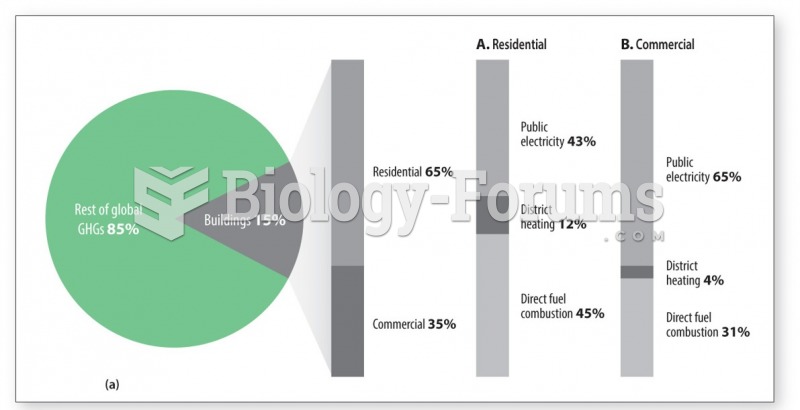Statute of Frauds. Carol Mann and Gerald Harris worked for Helmsley-Spear, Inc (HSI), as account managers for various HSI properties. In 1983, each received a bonus of 50,000 for their work in converting an HSI apartment complex, known as Windsor Park, into a cooperative housing unit. The conversion had taken several years to complete. After they had finished the Windsor Park conversion, they were asked to work on another cooperative conversion of two HSI apartment buildings known as Park West Village. Mann and Harris were orally promised compensation, over and above their base salaries, on the basis of a formula similar to the one that had been orally agreed upon with regard to the Windsor Park conversion. In 1987, after they had completed the conversion of Park West Village, they were fired, and HSI refused to pay them the additional compensation. Among other things, HSI contended that their oral agreement concerning the extra compensation was unenforceable under the Statute of Frauds. How should the court rule on this issue, and why?
Question 2
The principal's duty to indemnify the agent means the principal must:
a. pay reasonable wages to the agent
b. pay reasonable wages to the agent and refrain from providing the agent with inferior goods c. pay for expenses incurred by agent that result from negligent behavior
d. refrain from providing the agent with inferior goods e. none of the other choices are correct







